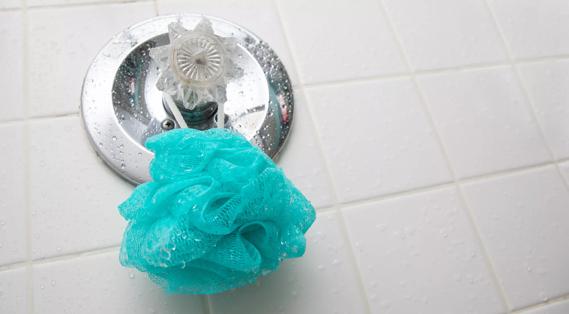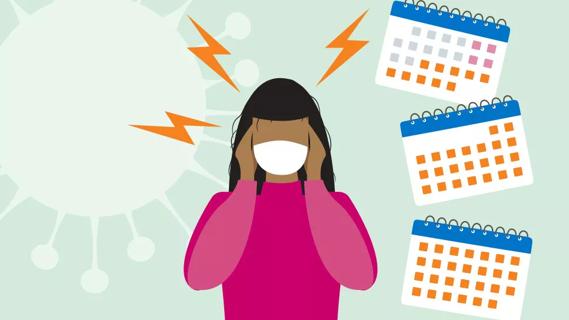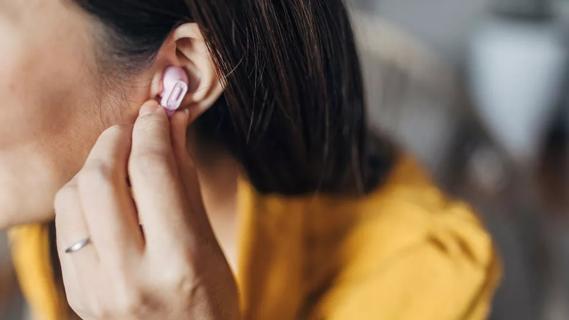Find out the right way to use it — and which ones aren’t safe

Hand sanitizer became a hot commodity when the coronavirus hit. It abruptly disappeared from store shelves, and suddenly, everyone wanted to get their hands on some.
Cleveland Clinic is a non-profit academic medical center. Advertising on our site helps support our mission. We do not endorse non-Cleveland Clinic products or services. Policy
Manufacturers and stores have recovered from panic buying, and hand sanitizer is available again. Infectious disease specialist Carla McWilliams, MD, explains the benefits and drawbacks of hand sanitizer — both now and after the pandemic.
The active ingredient in hand sanitizer is ethyl alcohol or isopropyl (rubbing) alcohol. These ingredients kill bacteria and viruses — including the coronavirus — by dissolving their protein layer.
But the ingredient alone isn’t enough: It also needs to be the right strength. Check the label to see if it contains at least 60% ethyl alcohol or 70% isopropyl alcohol.
“The alcohol content must be high enough to kill the coronavirus or any other germs,” says Dr. McWilliams. “That’s why I don’t recommend people try to make their own sanitizer. If the alcohol isn’t the right strength, the product won’t disinfect.”
When there’s no soap and water around, hand sanitizer is safe and effective. But whenever possible, you should opt for old-fashioned hand washing. Here’s why.
Have you ever noticed that hand sanitizer labels say they kill “99.9% of germs”? That’s because they can’t kill some nasty bugs like Clostridioides difficile (C. diff) and norovirus.
“If you’re around someone who is vomiting or has diarrhea, always use soap and water and scrub for at least 20 seconds,” Dr. McWilliams says. “Washing your hands thoroughly removes all germs. Hand sanitizer can’t do that.”
You also need to wash your hands:
Maybe you used your hand sanitizer a few times during a grocery shopping trip. Do you notice a buildup or film on your hands? If so, head to a sink, stat.
“Hand sanitizers create a film on your hands,” Dr. McWilliams explains. “After you’ve used it several times, the film gets thick enough to trap germs inside, rather than kill them. When your hands feel coated or like there’s a residue, it’s time to wash off that film and start over.”
You may have seen the news that the Food and Drug Administration (FDA) recalled many hand sanitizer brands. FDA testing found some sanitizers:
Your hand sanitizer may look legit, but the label won’t list toxic ingredients. If you’ve purchased sanitizer since the pandemic began, check the FDA’s hand sanitizer recall list before you use it.
The FDA also warns people that hand sanitizer packaging should look like, well, hand sanitizer.
Some companies have gotten creative with their packaging and started using containers that look like water bottles, juice bottles and even children’s food pouches. But drinking even a small amount of hand sanitizer can be toxic. Don’t use a product with these confusing packages.
The FDA has also received reports of companies adding food-like scents to sanitizer. You don’t have to use one that smells repulsive but skip the ones that remind you of dessert. Scented sanitizers could be dangerous for young children.
Even though it’s not perfect, hand sanitizer is still a reliable way to get rid of the coronavirus and other nasties when you can’t wash your hands.
“COVID-19 aside, there are all kinds of germs on surfaces — such as the flu, respiratory viruses and bacteria,” Dr. McWilliams says. “Hand hygiene should not go away when COVID does. I hope that the pandemic has taught people how important it is to keep your hands clean.”
Learn more about our editorial process.

This puffy shower accessory can become lodged with skin cells (and other gross things), so make sure you dry it daily and clean it once a week

COVID-19 may be associated with tinnitus, but research is still ongoing

The short answer: It’s complicated, but the basic care precautions still prevail, like washing your hands and isolating if you’re sick

They can feel like a typical headache or a migraine headache, but the pain can last for weeks to months

Care for your ears by steering clear of cotton swabs, taking precautions in loud settings and seeking medical help when needed

Any large social gathering — from a family birthday party to an indoor music concert — has the potential to spread serious infection

It’s important to connect with a healthcare provider, get quality sleep and balance your activities with your energy levels

Symptoms can overlap and be hard to distinguish, but there are some telltale differences

Your metabolism may torch 1,300 to 2,000 calories daily with no activity

A gentle touch in all the right places may help drain your sinuses